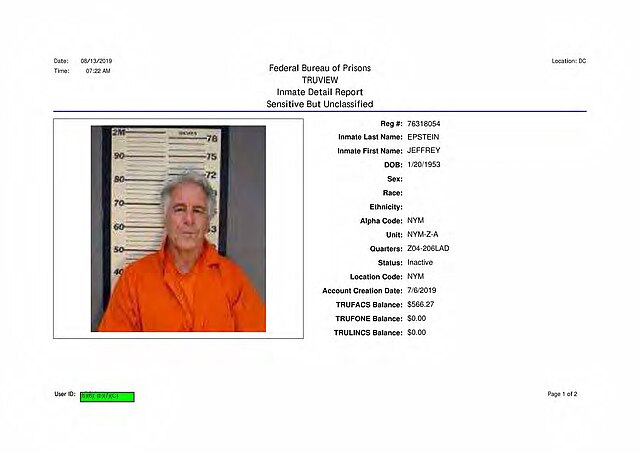Listen live from 9AM - 10:30AM Central on WNUR 89.3FM / stream at www.thisishell.com / subscribe to the podcast
9:05 - Author John K. Wilson looks for meaning from the mouth of Donald Trump.
John is author of the new book Trump Unveiled: Exposing the Bigoted Billionaire from OR Books.
9:45 - Live from São Paulo, Brian Mier conducts a post-mortem on democracy in Brazil.
Brian is an editor for Brasilwire and has been reporting on politics in Brazil for This is Hell! since 2014.
On This Day in Rotten History...
On this day in the year 410 – (1,606 years ago) – the city of Rome was occupied and sacked by a foreign army for the first time in almost eight hundred years. Alaric, king of the invading Visigoths, had previously fought alongside the Romans, losing thousands of his men in battle, but then had grown disenchanted with Roman rule. After leading raids and blockades through Greece and Italy, he and his troops laid seige to Rome and sacked the city. Then they moved southward down the Italian peninsula, reaching the town of Cosentia, now known as Cosenza, where Alaric suddenly died of a fever. Legend has it that his troops built a dam to divert the Busento River, buried their dead commander in the river bed with a pile of his Roman loot, then removed the dam, returning the river to its original course. Sixteen centuries later, Italian archaeologists armed with ground-penetrating radar and other high-tech gear are still searching the river for Alaric and his buried treasure.
On this date in 1883 – (133 years ago) – after a long series of increasingly severe tremors and eruptions, the volcanic island of Krakatoa in the Dutch East Indies (now known as Indonesia) finally collapsed in the most powerful explosion in recorded history. Four times as powerful as the biggest nuclear bomb ever detonated, the blast was clearly heard by people three thousand miles away, and the global shock wave was detected as far away as the English Channel. Two- thirds of the main island, along with several smaller islands nearby, simply disappeared. The explosion and its associated tsunamis killed at least 36,000 people, and some estimates go as high as a 100,000. The thick, soupy cloud of volcanic ash, four miles high, spread into the atmosphere, causing brilliant red sunsets and strangely altered weather patterns around the world for the next five years.
On this day in 1896 – (120 years ago) – the sudden death of the sultan of Zanzibar precipitated the Anglo-Zanzibar War, now known as the shortest war in history. The dead sultan had been supported by the British, who preferred that he be succeeded by Hamid bin Muhammad. When the sultans’ nephew, Khalid bin Bargash, seized power instead, the Brits assembled five warships in the nearby harbor and issued an ultimatum, ordering him and his troops to stand down. When the deadline passed with no response, the Brits... read more
Listen live from 9AM - 1PM Central on WNUR 89.3FM / stream at www.thisishell.com / subscribe to the podcast
9:10 - Author Arun Kundnani previews Hillary Clinton's neoconservative agenda in the Middle East.
Arun wrote the Alternet article Why Hillary's Neoconservative Foreign Policy Will Make The Problem of Islamophobia Worse, and is featured in the collection Policing the Planet: Why the Policing Crisis Led to Black Lives Matter from Verso Books.
10:05 - Writer Sarah Jaffe profiles the new radicalism rising up from modern American protest movements.
Sarah's first book, Necessary Trouble: Americans in Revolt, is available now from Nation Books.
11:05 - The Radical Pessimist, Kevan Harris reports on a summer vacation spent watching social unrest abroad.
Kevan will be reporting on political and social upheaval in Armenia, Greece, Lebanon and Ukraine.
11:35 - Journalist Julianne Tveten explains how Silicon Valley is erasing the gap between work and life.
Julianne wrote the article HR Comes Last at Startups, and Women Pay the Price for Vice's Motherboard.
12:05 - Cultural critic Henry Giroux examines the new authoritarianism permeating everyday life in America.
Henry's new book is America at War with Itself from City Lights Books.
12:40 - In a Moment of Truth, Jeff Dorchen rehashes some leftover hash from the 1960s.
Jeff told me this won't be like that episode where Dan and Roseanne smoke their old weed, in case you had your hopes up.






